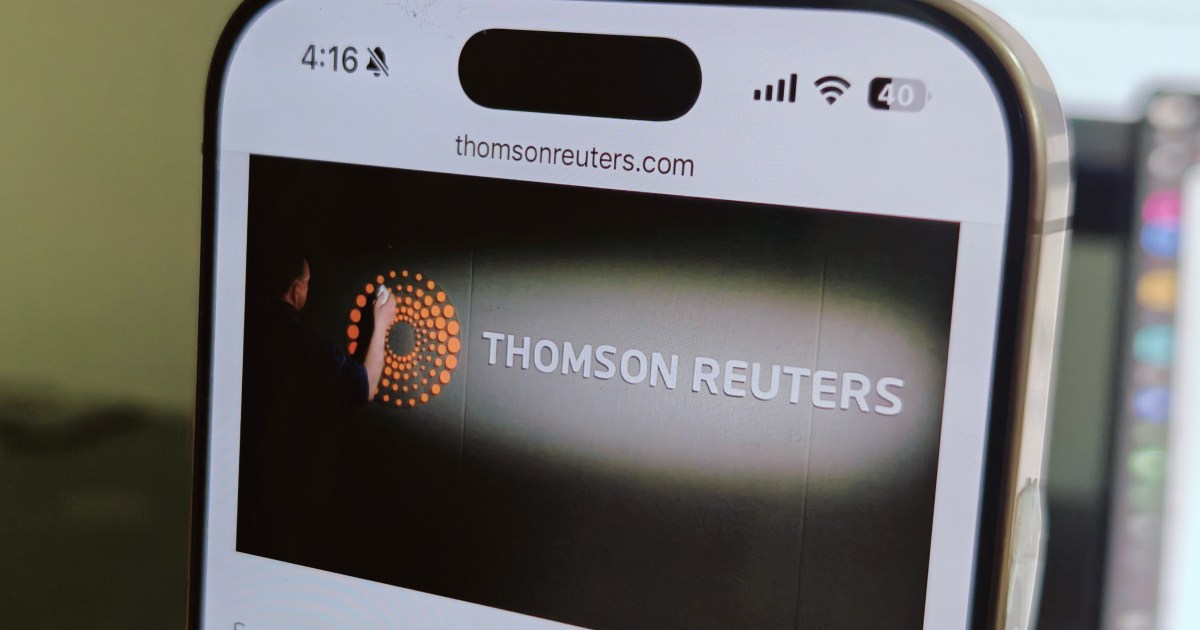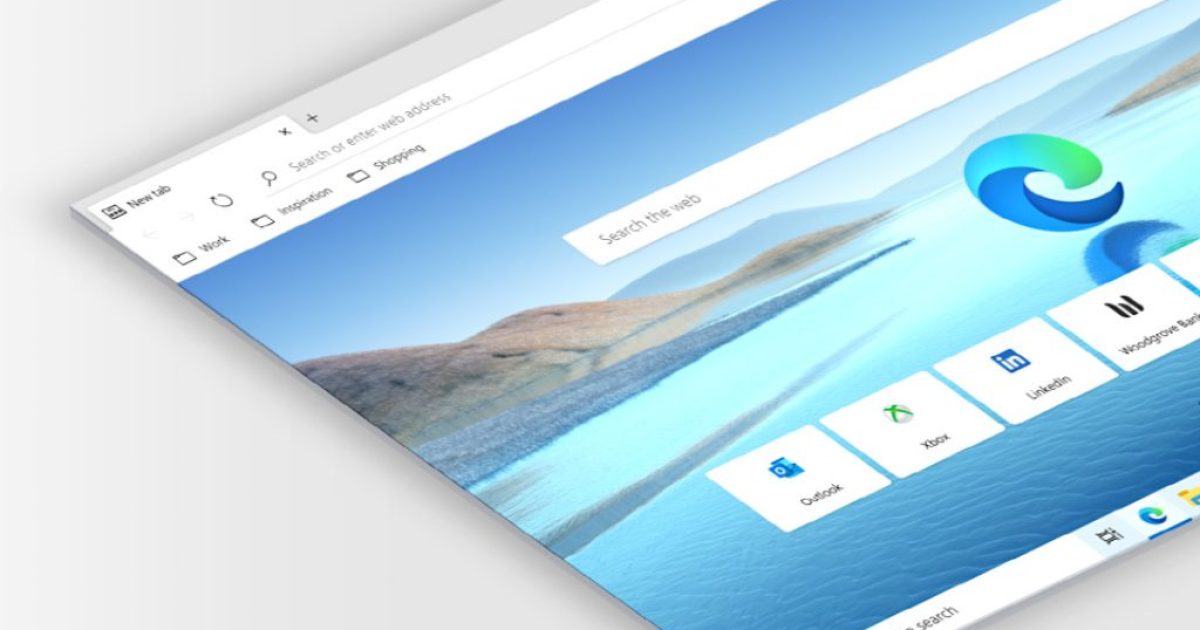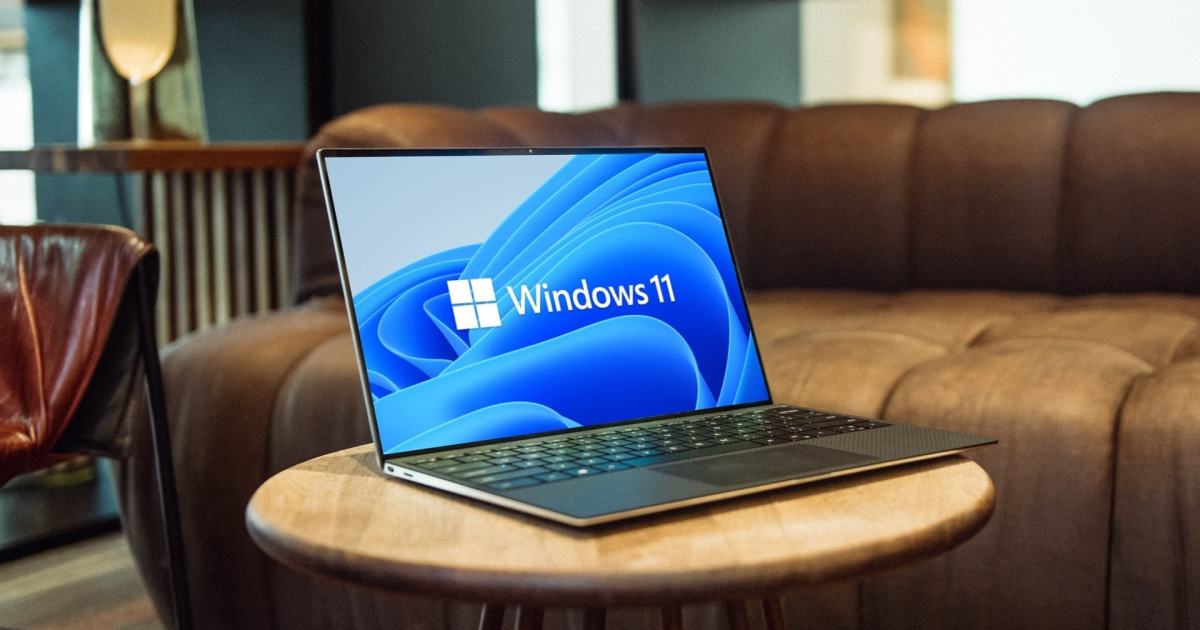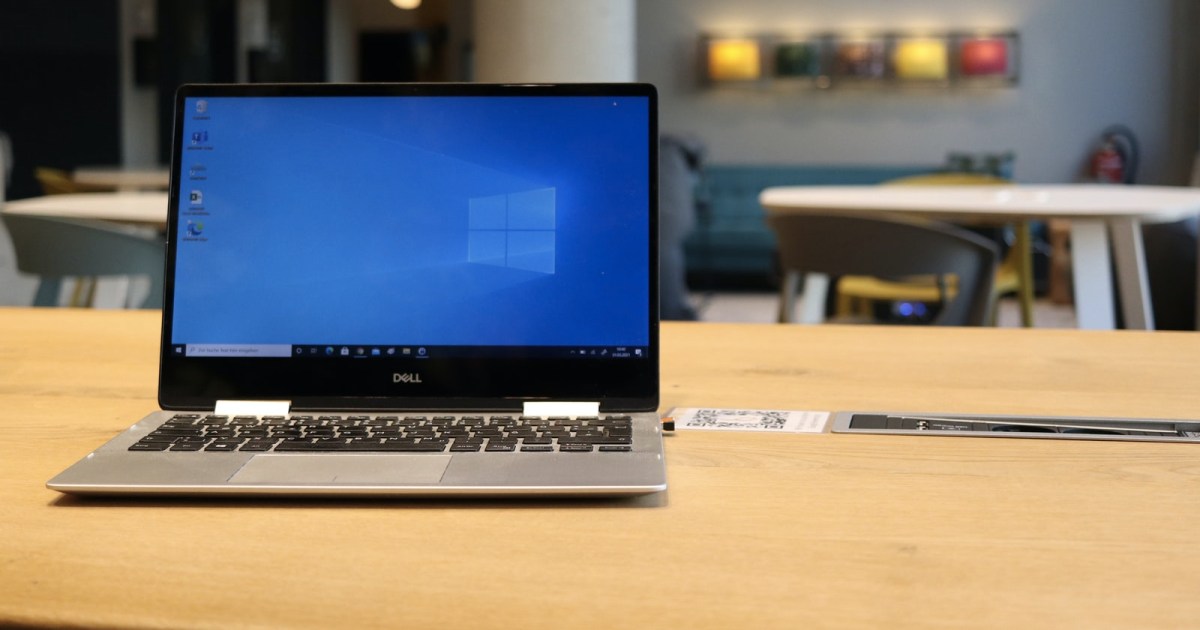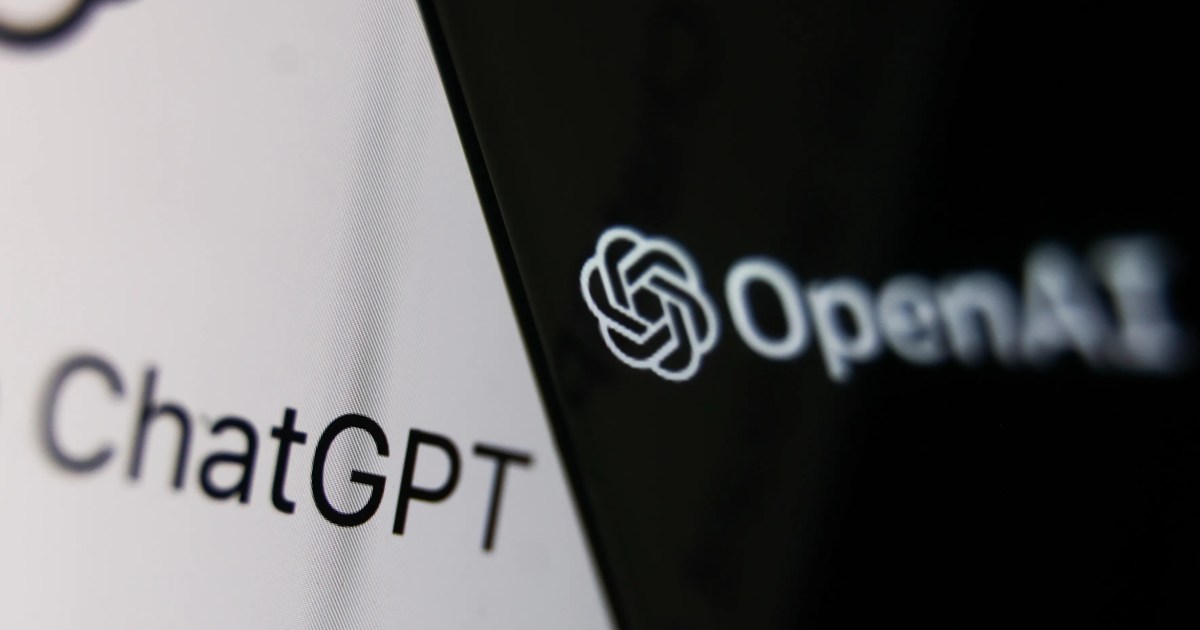The legal landscape of AI development just shifted. A Delaware court delivered a landmark ruling in favor of Thomson Reuters, marking the first major victory in a copyright case involving AI-trained legal products. The court determined that tech startup Ross Intelligence infringed on copyright-protected material from Thomson Reuters’s Westlaw platform to build a competing AI-powered legal research tool. This decision carries significant implications for the future of AI training and fair use.
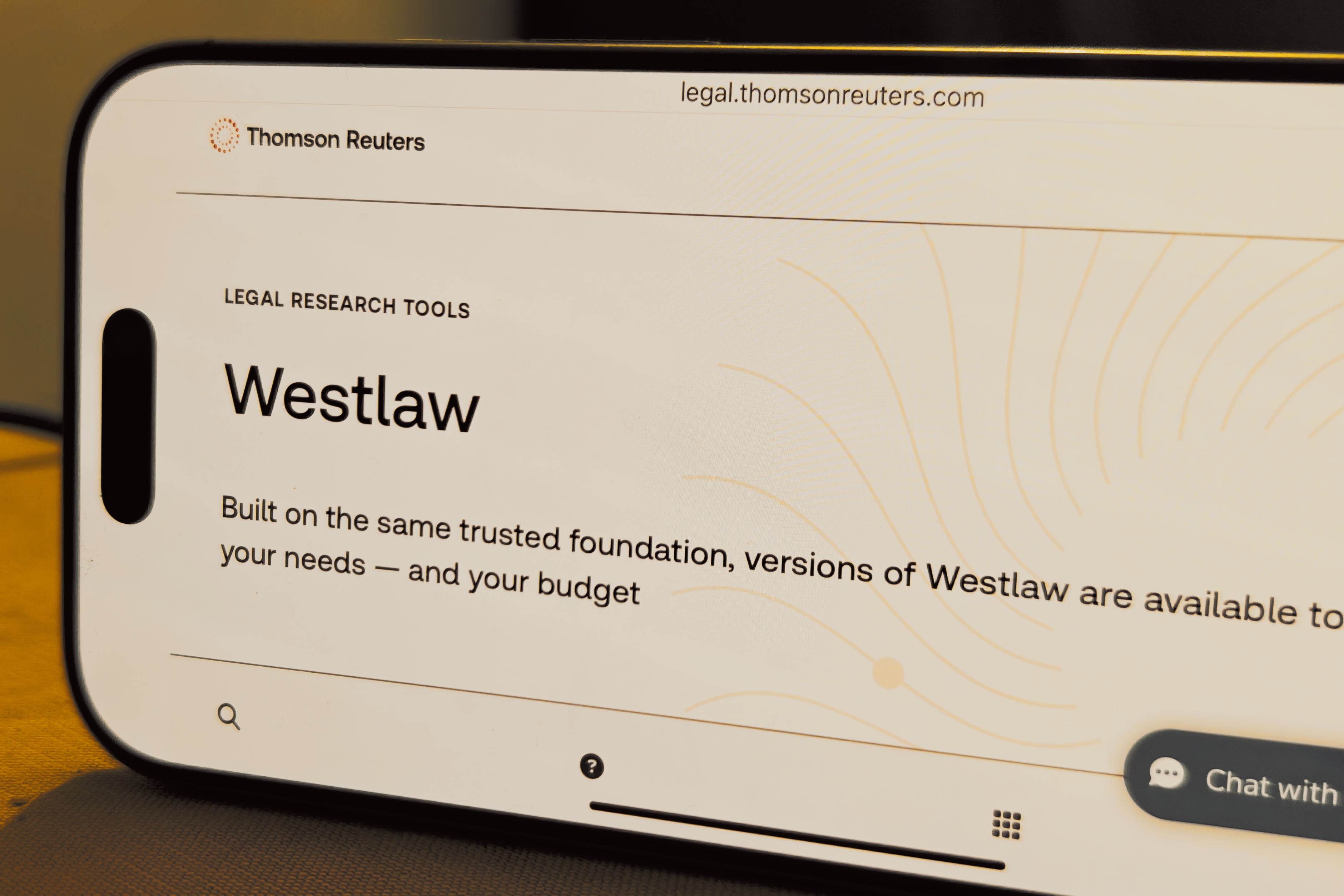 Visiting the Westlaw legal research platform on the internet.
Visiting the Westlaw legal research platform on the internet.
The core of the dispute revolves around the legal principle of “fair use,” a doctrine that permits limited use of copyrighted material without permission from the copyright holder. Thomson Reuters argued that Ross Intelligence’s use of its proprietary data went beyond the boundaries of fair use.
The Four Pillars of Fair Use
U.S. Circuit Judge Stephanos Bibas’ ruling, overturning a previous split decision, hinged on the four factors that determine fair use:
-
Purpose and Character of Use: Is the use commercial or non-profit? Ross Intelligence’s commercial application of the copyrighted material weighed against fair use.
-
Nature of the Copyrighted Work: What kind of work was copied? The copyrighted data from Westlaw constituted factual information, potentially favoring fair use, but the court found this factor less significant in light of the overall context.
-
Amount and Substantiality of Use: How much of the work was copied, and how important was it to the original? The extent of Ross Intelligence’s use of the Westlaw data remains a key point of contention.
-
Effect on the Market: Does the use harm the potential market for or value of the copyrighted work? Judge Bibas determined that this factor was paramount, ruling that Ross Intelligence’s product directly competed with Westlaw, potentially diminishing its market value. This ultimately tipped the scales in favor of Thomson Reuters.
A Precedent for Future AI Copyright Battles?
This ruling establishes a significant precedent for ongoing and future legal battles over AI training data. Several high-profile cases highlight the tension between AI development and copyright protection.
 ChatGPT app running on an iPhone.
ChatGPT app running on an iPhone.
The New York Times is currently challenging OpenAI and Microsoft’s use of its content for training AI models like ChatGPT. Similarly, Getty Images has taken legal action against Stability AI for alleged copyright infringement. These cases underscore the growing concern over unauthorized use of copyrighted material in AI development.
Licensing Deals: A Temporary Fix?
While licensing agreements, such as those between OpenAI and publishers like Axios and Hearst, offer a temporary solution, they fail to address the underlying legal ambiguities surrounding AI and copyright. Companies like Perplexity, facing numerous copyright lawsuits, have also pursued similar deals. Even Meta, Google, Microsoft, and Reuters have engaged in licensing partnerships. However, these agreements represent a reactive rather than proactive approach to the issue.
The Evolving Definition of Copyright in the Age of AI
The fundamental question remains: How does copyright law apply to AI-generated content? The legal system is grappling with the complexities of AI, particularly in instances where AI models paraphrase or recontextualize copyrighted material. The degree of similarity required to trigger copyright infringement remains a gray area. The Thomson Reuters victory highlights the urgency of clarifying these legal uncertainties, paving the way for a more defined framework for AI development and copyright protection.



